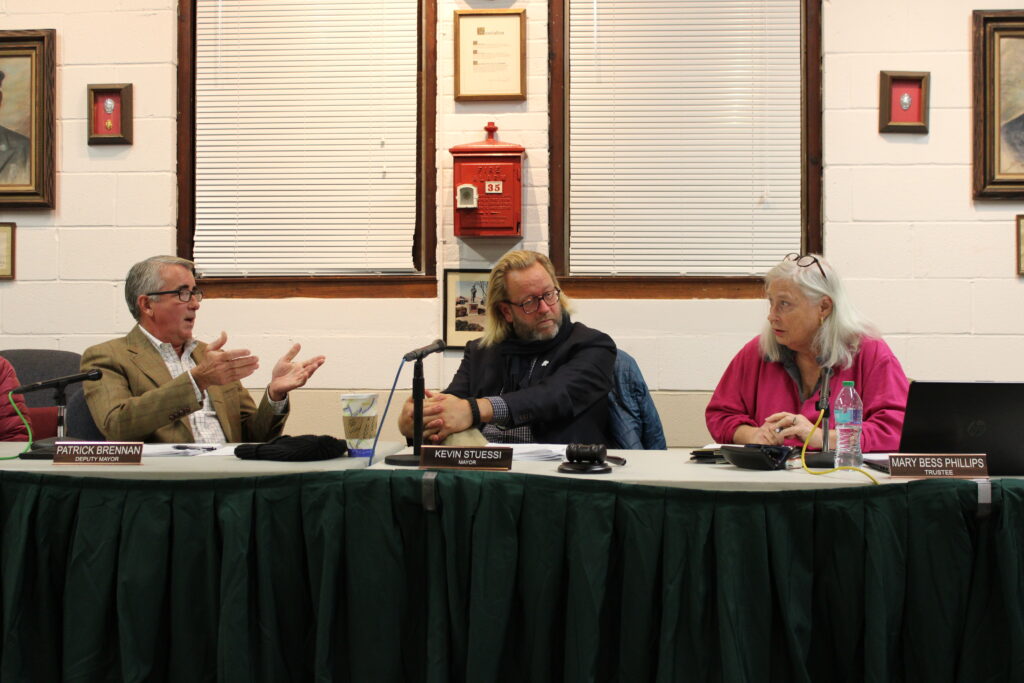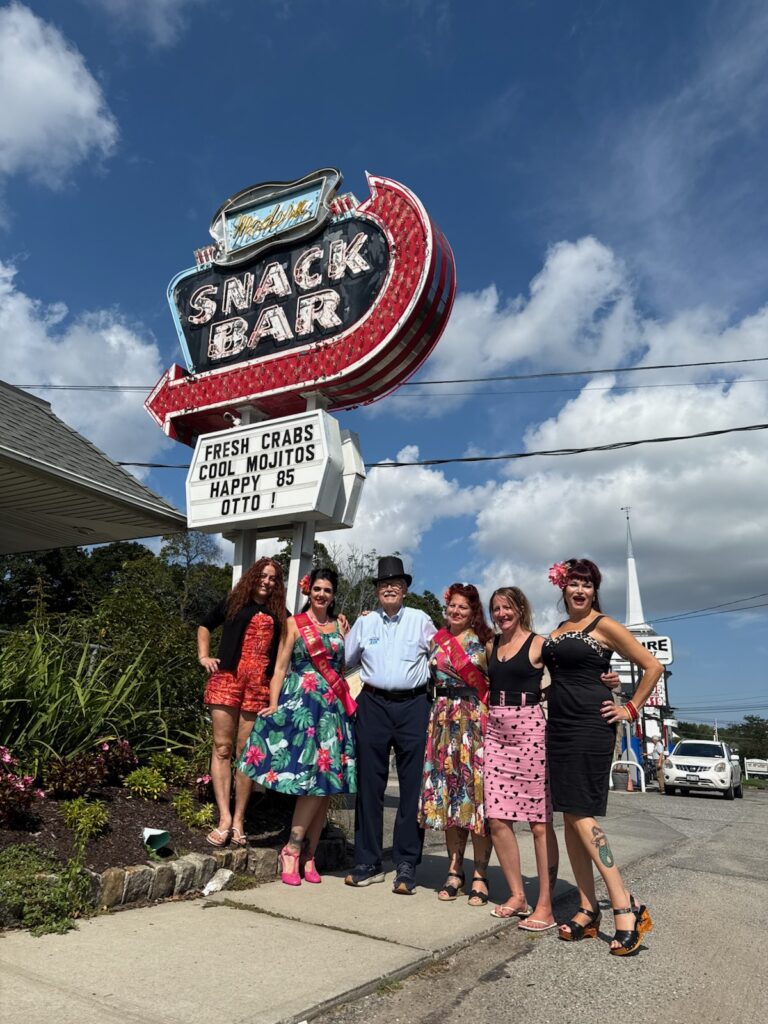Guest Spot: Nancy Green

Teaching right from wrong
“Tell your sibling you’re sorry!”
Many parents have said this or a variation of it. It’s a parent’s early attempt at teaching a child to take responsibility for one’s actions and, as parents, of course, we all know that saying you’re sorry and feeling it may be very different. The latter is a more mature phase of human development.
Indeed, 100 years ago, Sigmund Freud developed the concept of the id, ego, and superego as a way of formulating personality structure. While many of his theories have been criticized and revamped over the years, the concept of an id, ego and superego remains a cornerstone of psychoanalytic thinking.
In a nutshell, the baby is born with an id, with only the interest of getting their basic needs met. Some needs may be survival-based (as in food or affection) and others may be pleasurebased (as in doing what they want). As the child grows and sees the world around them, reality sets in. This becomes the ego, a behavior system that understands that getting one’s needs met requires compromise, understanding of others and learning that certain behaviors will elicit negative responses.
Thus, telling your sibling you’re sorry is a reflection of a developing ego. But feeling actual remorse is the next phase, known as the superego. . In its most basic form, a superego is an internal sense of right and wrong — determined not by society or fear of punishment, but by its own personal barometer. The guilt that a parent may instill in a child becomes internalized, and a well-functioning adult is not driven by others’ condemnation, but by their own internal red light.
Unfortunately, this capability sometimes fails to develop. These people will not take responsibility for their behavior, and in not doing so tend to hurt those around them, whether they be family members, friends, or workplace associates. For these people, nothing is ever their fault. They find a way to blame everyone else for their own shortcomings, and most significantly, they do not seem to care if others are hurt by their actions.
Many of us know someone like this.. Some become criminals and others are manipulators who know how to find and hurt others. These people used to be the exception, but now they seem more prevalent.
These concepts made a lot of sense when I studied them in the 1970s. But it appears that in the 21st century, some of the old rules of right and wrong have blurred. Whereas feeling personal responsibility for wrongdoing was once held as an act of moral rectitude, more people now seem to view it as an act of weakness. This makes Freud’s theory less relevant.
In fact, some modern theorists are arguing that the traditional superego has been “emancipated,” allowing for a different standard of right and wrong. For example, psychoanalyst Janet Lieberman in her book “Clinical Evolutions and the Superego, Body and Gender in Psychoanalysis,” argues that there is a new superego where deception may go unpunished and greed and envy have increased. Technology has also changed the norms of what is considered acceptable behavior. While people used to be careful in how they spoke to each other, now it’s a free-for-all. In short, formerly accepted rules of integrity seems to be changing. And the old concept of guilt, that superego regulator, has now shifted to blame.
So, in this meaner world, how do you raise kids with a well-functioning superego? We want them to be kind, but we also want them to survive. Raising good children has always taken work, but in this era, it’s more challenging than ever. And what does a parent do when other parents’ main concern for their children is winning — no matter what.
First, a parent must continue to own their values on what is right and wrong. The world may be getting meaner, but the only way to stop it is to not succumb. Find like-minded parents whose values are also to teach right from wrong. If there is a bully in the group, all the parents should stand with the victim. There can never be too many discussions about the importance of kindness. Learn from the teacher who the kind kids are and encourage these friendships. The kind kids may not be the cool kids, but hopefully through conversations and good judgment, the right choices will prevail.
Modeling anti-racist behavior (yes, that still matters) and making it clear that all children are welcome will instill the kinds of values that make for a better community. Negativity heard in the home gets internalized. So does the ruthless winner-take-all attitude that has become so prevalent.
Once adolescence hits, that sweet child may become a stranger. Most important is to keep the lines of communication open. Teens often pretend they’re not listening, but in fact, they are. The old-fashioned values communicated in childhood may be rebelled against, but if that superego has developed, the rebellion will most likely be temporary.
Finally, back to taking responsibility for our actions. We all make mistakes and we all do bad things. Remember the adage that the cover-up is worse than the crime? Not owning up to bad behavior is worse. A healthy superego is never perfect. It knows right from wrong. And most importantly, it knows how to right a wrong.
Ms. Green is a social worker and co-chair of Shelter Island’s health and wellness committee.









